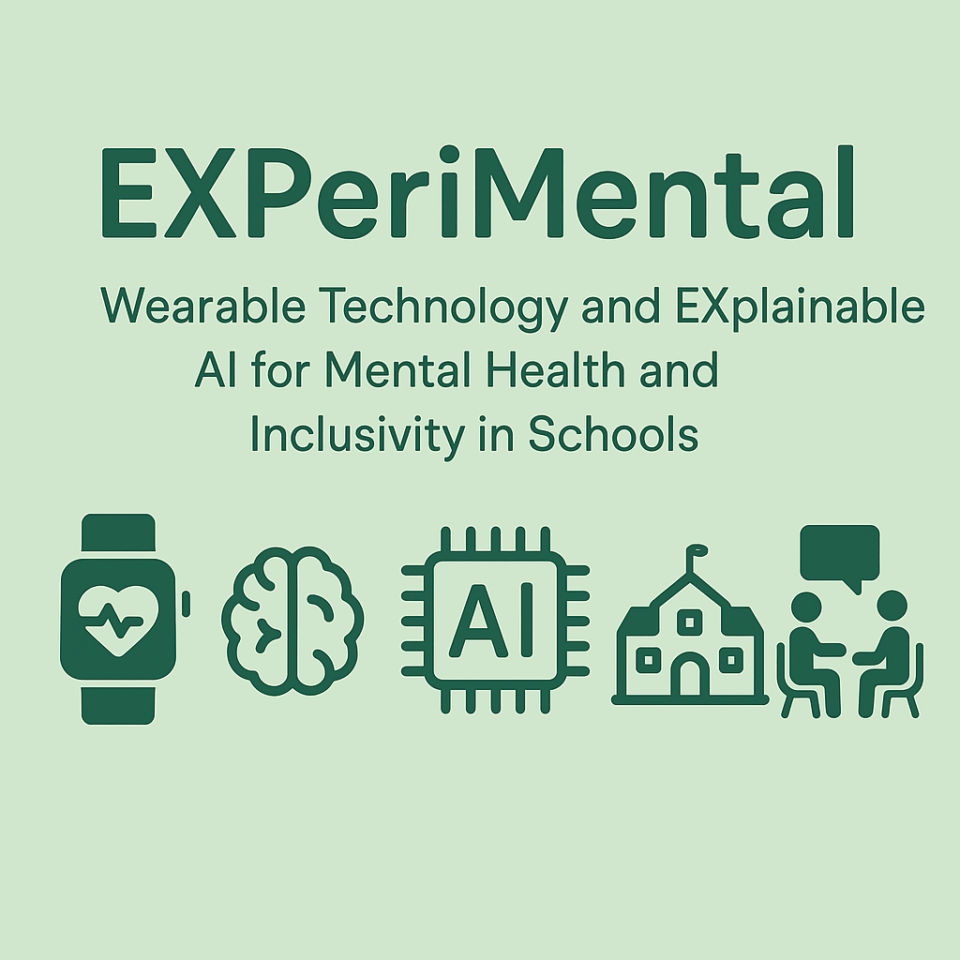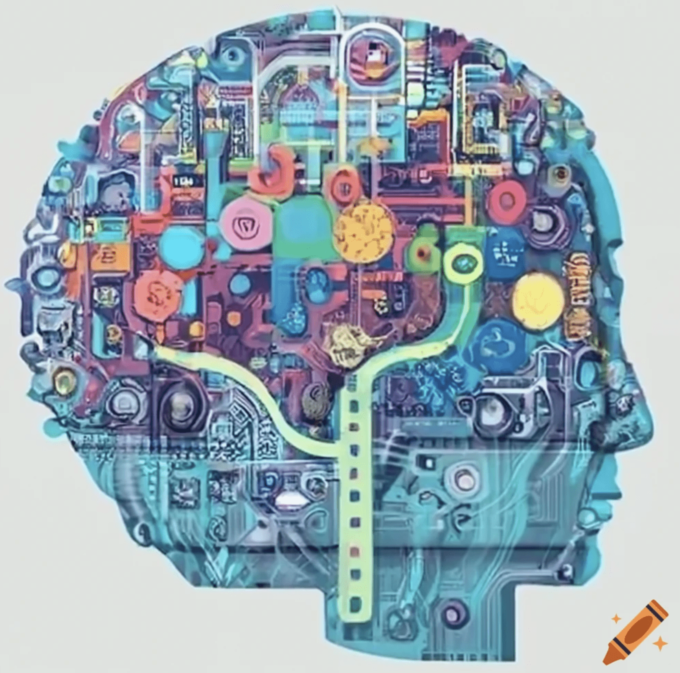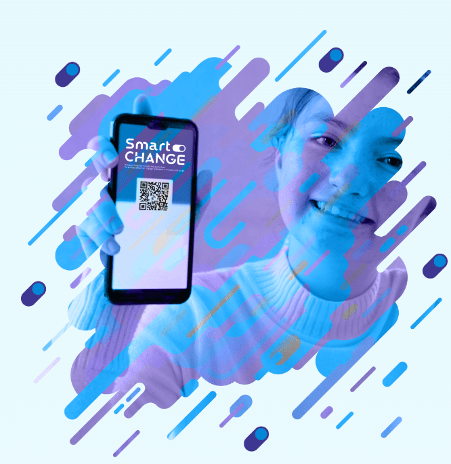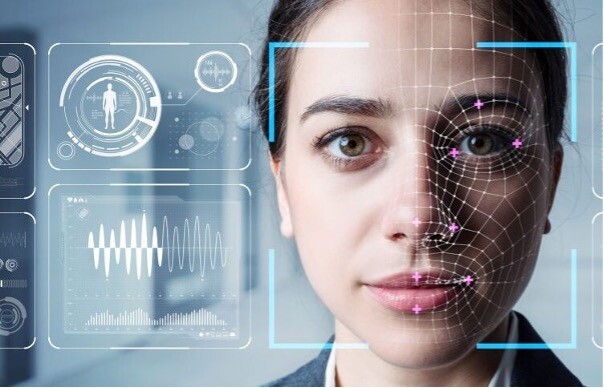Prof. Santini’s work centers on the use of mobile and wearable computing to sense human behavior and health. Prof. Langheinrich’s work has the goal of providing people with usable and secure ubiquitous computing systems that provide tangible benefits in an easy-to-use and engaging manner. The group’s overall work focuses on devices, interfaces, and infrastructures, as well as the social and economic environments that surround them. You can find the results of this in our list of publications.
Below you will find a list of current and past projects that should illustrate the types of problems that we are working on. If you are looking for a topic for your Master’s thesis or Bachelor project, see our list of available student theses.
Current Projects
EXperiMental: Wearable Technology and EXplainable AI for Mental Health and Inclusivity in Schools
Funding Source: SNF
Mental health is a vital part of our overall well-being, especially during early adolescence, a time of rapid growth and emotional development. Yet, many young people face mental health challenges without adequate support. Our project explores how new …

XAI-PAC: Towards Explainable and Private Affective Computing
Funding Source: SNF
Wearable devices, combined with Artificial Intelligence (AI) methods, can bring significant and sustainable improvements to our lives. Affective computing utilizes the combination of wearables and AI to provide methods for tracking factors related to a …

SmartCHANGE
Funding Source: Horizon Europe
The overall goal of the SmartCHANGE project is to develop trustworthy, AI-based decision-support tools that will help health professionals and citizens reduce long-term risk of NCDs, by accurately assessing the risk of children and youth, including those with difficult-to-detect risks, and promoting delivery of optimised risk-lowering strategies.

TRUST-ME: TRUstworthy enhancement of job SaTisfaction and productivity using Micro-sensing in work Environments
Funding Source: SNF
The TRUST-ME project is a multi-disciplinary initiative that aims to address the relationship between productivity, job satisfaction, and well-being in the modern workplace by using advanced sensing technology and AI algorithms. Through unobtrusive workplace sensors and privacy-preserving techniques, the project aims to provide transparent, actionable insights to both employees and employers, enhancing job satisfaction and productivity without compromising privacy or ethical values.

PROSELF – Semi-automated Self-Tracking Systems to Improve Personal Productivity
Funding Source: SNF
PROSELF aims to empower knowledge workers by enabling self-reflection on their performance, well-being, and activities at work. Traditional productivity tools often neglect the broader context, missing environmental, behavioral, and psychological factors that influence productivity. PROSELF will provide methods for semi-automated self-monitoring, develop a modeling framework to identify performance indicators, devise architecture for anticipatory decision-making, and evaluate these approaches in field studies. The goal is to improve individual performance and well-being, offering a clear design space for self-monitoring systems and a robust methodology for their development, based on large-scale validation.

